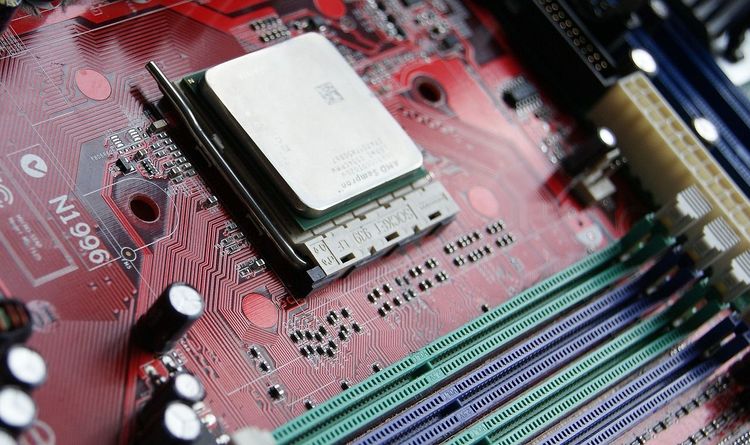Empowering Industries with AI: Beijing’s Action Plan for 2024-2025
On October 26, Beijing's municipal authorities, including the Development and Reform Commission, the Economic and Information Technology Bureau, the Science and Technology Commission, and the Zhongguancun Management Committee, unveiled the "Beijing Action Plan for Promoting 'AI+' (2024-2025)." This comprehensive initiative aims to enhance the intelligence quotient of economic development through large-scale artificial intelligence models.
Artificial intelligence is a strategic technology that shapes the future. The action plan outlines ambitions to implement five benchmark application projects that meet global standards, organize ten nationally leading demonstration projects, and promote a range of commercially viable applications. The goal is to develop three to five advanced, controllable foundational AI models, 100 exemplary industry-specific models, and 1,000 successful industry case studies by the end of 2025.
"China possesses a significant relative advantage in developing AI, thanks to its vast market size and numerous application scenarios," said Lin Jianhua, Deputy Director of the Beijing Development and Reform Commission. Leveraging the capital's resources and technological innovation, Beijing will focus on five key sectors: robotics, education, healthcare, culture, and transportation. The city will advance major application projects to drive breakthroughs in core AI technologies, enhance engineering capabilities, and improve service quality across priority industries, ultimately creating a new ecosystem for AI applications.
To accelerate the implementation of standardized and replicable AI applications, Beijing will support research, public services, industrial intelligence, financial management, spatial computing, digital marketing, judicial services, broadcasting, power supply, and content security. Collaborations will be encouraged between municipal departments, local districts, industry application companies, and AI model enterprises to address common challenges in real-world implementation.
In terms of commercialization, Tang Jianguo, Chief Economist at the Economic and Information Technology Bureau, stated that efforts would begin with targeted, practical applications in sectors like education, healthcare, and culture. This will involve supporting AI model enterprises, system integrators, and industry users to develop applications, including intelligent agents and assistants, thereby harnessing technological innovations for industry empowerment.
Officials from the Science and Technology Commission and the Zhongguancun Management Committee also noted the importance of establishing joint research and development platforms for AI applications. By integrating industry resources, high-quality data, and open demand for industry scenarios, these platforms will attract top innovation teams to collaboratively promote the adoption of AI technologies and drive industrial development in Beijing.
This action plan positions Beijing at the forefront of AI development, signifying a monumental leap toward a tech-driven economy.







